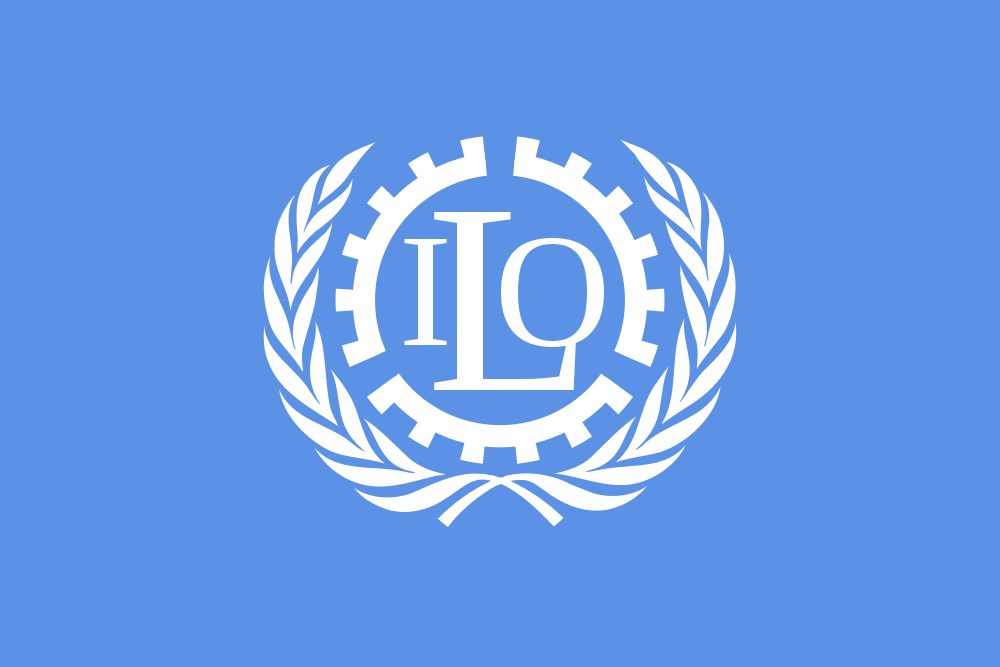The Peninsula
External Pressure Drives Korea’s Labor Reforms

This briefing comes from Korea View, a weekly newsletter published by the Korea Economic Institute. Korea View aims to cover developments that reveal trends on the Korean Peninsula but receive little attention in the United States. If you would like to sign up, please find the online form here.
What Happened
- The European Union (EU) formally requested the South Korean government to convene a panel of experts over Seoul’s delay in ratifying International Labour Organization (ILO) core conventions.
- The unratified conventions deal with labor standards, freedom of association, and forced labor.
- The EU believes that Seoul’s efforts to ratify the convention have been inadequate and seeks the panel’s judgment on whether the delay constitutes a violation of the Korea-EU free trade agreement.
- In response, Minister of Employment and Labor Lee Jae-kap announced plans to submit the unratified conventions to the National Assembly as early as September, or November at the latest.
Implications: With the Moon administration struggling to expand labor rights in the face of significant domestic opposition, reform advocates gained vital political capital via pressure from a major trade partner. Prior to the EU’s request, observers expressed growing doubts on the prospect of the Moon administration advancing these reforms. Such measures would have risked inviting criticism from the business community ahead of the critical legislative election in April 2020. As late as May, the Ministry of Employment and Labor suggested that a more thorough review of Korea’s domestic law was needed before ILO conventions could be ratified. But with the EU creating a situation where South Korea risks harm to its position in the international market, the Ministry committed to a timeline. Concurrently, the Moon administration can now justify reforms to domestic detractors as safeguarding Korea’s access to key export markets.
Context: Despite joining the ILO in 1991, Korea deferred the ratification of four of the organization’s eight fundamental labor conventions. These are at the heart of ongoing talks between Korea and the EU. But the newly convened panel may also cite concerns regarding articles on labor-management relationships that Seoul had already ratified but not fully implemented in the eyes of the EU. If raised, South Korea faces a major perception challenge as the president of the Korean Confederation of Trade Unions was recently arrested. Korea is vulnerable to these challenges because the country falls behind many of its OECD peers in metrics related to management-labor relations. This most recent case with the EU may raise awareness of this shortcoming.
Korea View is edited by Yong Kwon with the help of Yusong Cha, Stephen Eun, Taehwa Hong, and Emily Gibson.
Picture from user Denelson83 on Wikimedia Commons
